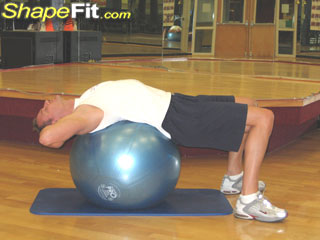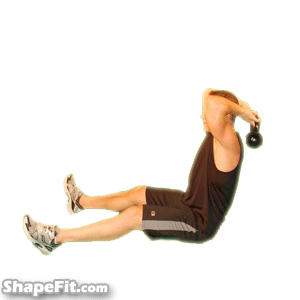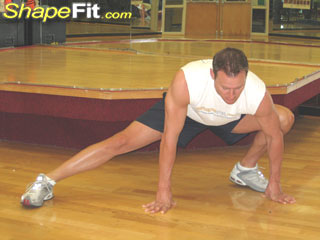Do Ibuprofen and NSAIDs Affect Athletic Performance?
Ibuprofen and other non-steroidal anti-inflammatory drugs (NSAIDs) are commonly used to relieve pain, inflammation, and fever. They work by inhibiting the production of prostaglandins, which are involved in a variety of bodily functions including the regulation of pain and inflammation.
While NSAIDs can be effective in managing pain and inflammation, there is some evidence to suggest that they may also have negative effects on athletic performance.
Potential Negative Effects of NSAIDs on Athletic Performance
1. Reduced muscle strength: NSAIDs can inhibit the synthesis of muscle proteins, which can lead to reduced muscle strength and power. This effect may be particularly pronounced in athletes who engage in high-intensity activities such as sprinting, weightlifting, or powerlifting.
2. Increased muscle fatigue: NSAIDs can also increase muscle fatigue by interfering with the body's ability to produce energy. This can lead to a decrease in endurance and stamina, making it more difficult for athletes to perform at their best.
3. Delayed muscle recovery: NSAIDs can slow down the process of muscle recovery after exercise. This can make it more difficult for athletes to train consistently and improve their performance over time.
4. Increased risk of injury: NSAIDs can mask pain and inflammation, which can lead athletes to push themselves too hard and increase their risk of injury. This is especially concerning in contact sports or activities that involve a high risk of falls.
Recommendations for Athletes
Given the potential negative effects of NSAIDs on athletic performance, athletes should use these medications with caution. If NSAIDs are necessary to manage pain or inflammation, it is important to use the lowest effective dose for the shortest possible duration. Athletes should also be aware of the potential side effects of NSAIDs, including stomach upset, bleeding, and kidney damage, and should talk to their doctor before taking these medications.
Alternative Strategies for Managing Pain and Inflammation
There are several alternative strategies that athletes can use to manage pain and inflammation without resorting to NSAIDs. These include:
* Applying ice
* Using compression wraps
* Elevating the injured area
* Taking over-the-counter pain relievers such as acetaminophen
* Engaging in light exercise to promote circulation
* Getting enough rest and sleep
* Eating a healthy diet that includes plenty of fruits, vegetables, and whole grains
By following these strategies, athletes can reduce their reliance on NSAIDs and improve their overall health and performance.
-
Medicine Ball Leg Raises – Medicine Ball Exercise Guide
Exercise Advice: Start off with a very light medicine
-
Gaining Weight By Exercising
Losing weight by exercising may not be as easy as it sounds. Sometimes
-
Tone in Traffic
Stuck in traffic? Rather than become frustrated, use this time to you
-
Shuttle Pass Sprints – Medicine Ball Exercise Guide with Photos
Exercise Advice: Grab a medicine ball with both hands
-
Overhead Chops – Core Exercise Guide with Photos
Exercise Advice: Grab a medicine ball with both hands
-
Straight Bar Cable Pushdown – Triceps Exercise Guide
Exercise Advice: Attach a straight bar to the top port
- Exercise Guides
- Lying T-Bar Rows – Back Exercise Guide with Photos
- Breathing and Hollowing – Pilates Exercise Guide with Photos
- Standing Cable Curls – Biceps Exercise Guide with Photos
- FreeMotion Two Arm Cable Curls – Biceps Exercise Guide
- Don’t Have Time For A Full Workout?
- Smith Machine Rows – Back Exercise Guide with Photos
- Double Knee Lift – Pilates Exercise Guide with Photos
- Outer Thigh Raises – Elastic Bands Exercise Guide with Photos
- Smith Machine Shrugs – Trapezius Exercise Guide with Photos
- Barbell Romanian Deadlifts – Lower Back Exercise Guide



